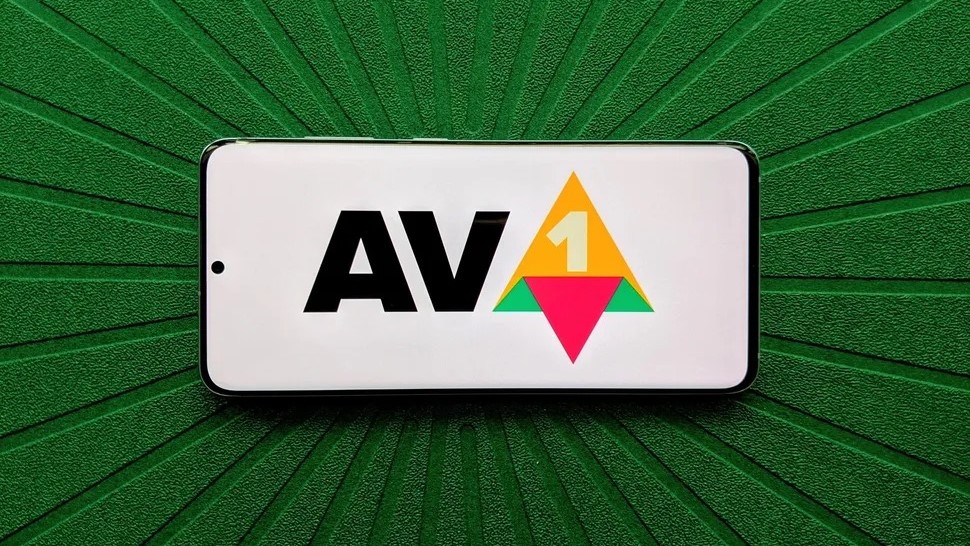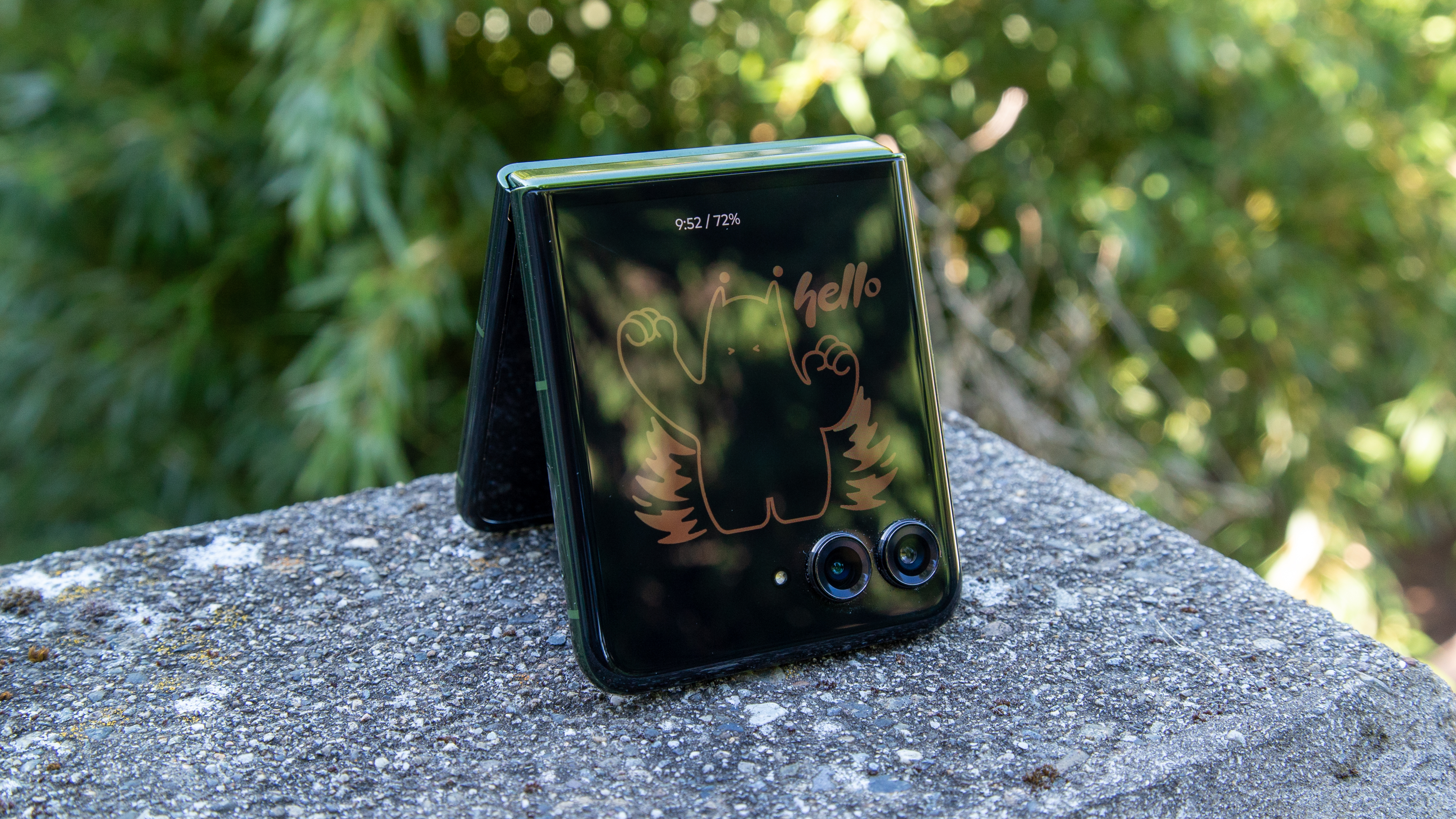Budget Android phones may soon handle AV1 videos much smoother
More Android devices could be in for better video playback in the future.

What you need to know
- Google is preparing an Android update to enhance video playback on devices lacking dedicated AV1 hardware.
- Google may integrate the open-source AV1 video codec libdav1d into Android through a future update, allowing even devices without built-in AV1 hardware to play AV1 videos smoothly.
- The March 2024 Google Play System Update might include the introduction of the libdav1d codec.
Google is apparently gearing up to release an upcoming Android update meant to improve video playback on devices without dedicated AV1 hardware.
Mishaal Rahman, writing for Android Authority, suggests that Google might be adding libdav1d, an open-source AV1 video codec, to Android via a future update. Developed by VideoLAN, this codec is designed to leverage the CPU for handling intricate decoding tasks, ensuring that even devices without built-in AV1 hardware can smoothly play AV1 videos.
Back in 2018, the Alliance for Open Media, consisting of big players like Amazon, Google, and Netflix, introduced AV1. It's an open-source codec designed to shrink large video sizes without sacrificing quality. The magic happens thanks to a hardware accelerator tucked into the device's chipset.
Over the past few years, some of your favorite streaming platforms, like Netflix and YouTube, have added support for the AV1 codec for supported devices. The reason? AV1 demands less bandwidth compared to other codecs like h.264 and h.265 while maintaining the same video quality. Plus, companies are all in because it's free to use with no licensing fees involved.
Modern devices are getting on board with AV1 codecs, starting with Qualcomm's Snapdragon 8 Gen 2 and Apple's A17 Pro chips. Despite its rise, AV1 isn't the go-to standard for video services yet. Many Android smartphones and tablets lack dedicated hardware to decode AV1 videos, so they resort to using a software decoder running on the CPU for playback.
Older and midrange devices, lacking dedicated AV1 hardware, currently miss out on the efficiency of video playback. The expected Android update aims to change that, allowing these devices to tap into more efficient codecs. However, it's worth noting that this could potentially lead to a greater drain on battery life due to the increased demands on the CPU.
According to Rahman, the introduction of this codec might be bundled in the March 2024 Google Play System Update.
Be an expert in 5 minutes
Get the latest news from Android Central, your trusted companion in the world of Android
As of now, it remains uncertain whether the libdav1d codec will be exclusive to the latest Android 14 release or if it will extend its reach to older OS versions.
Assuming this update rolls out widely, it holds significance for users who often watch videos on mobile, especially considering their typical bandwidth constraints. Incorporating the codec could also translate to using less of their data allowance when connected to mobile data networks.

Jay Bonggolto always keeps a nose for news. He has been writing about consumer tech and apps for as long as he can remember, and he has used a variety of Android phones since falling in love with Jelly Bean. Send him a direct message via Twitter or LinkedIn.
You must confirm your public display name before commenting
Please logout and then login again, you will then be prompted to enter your display name.
